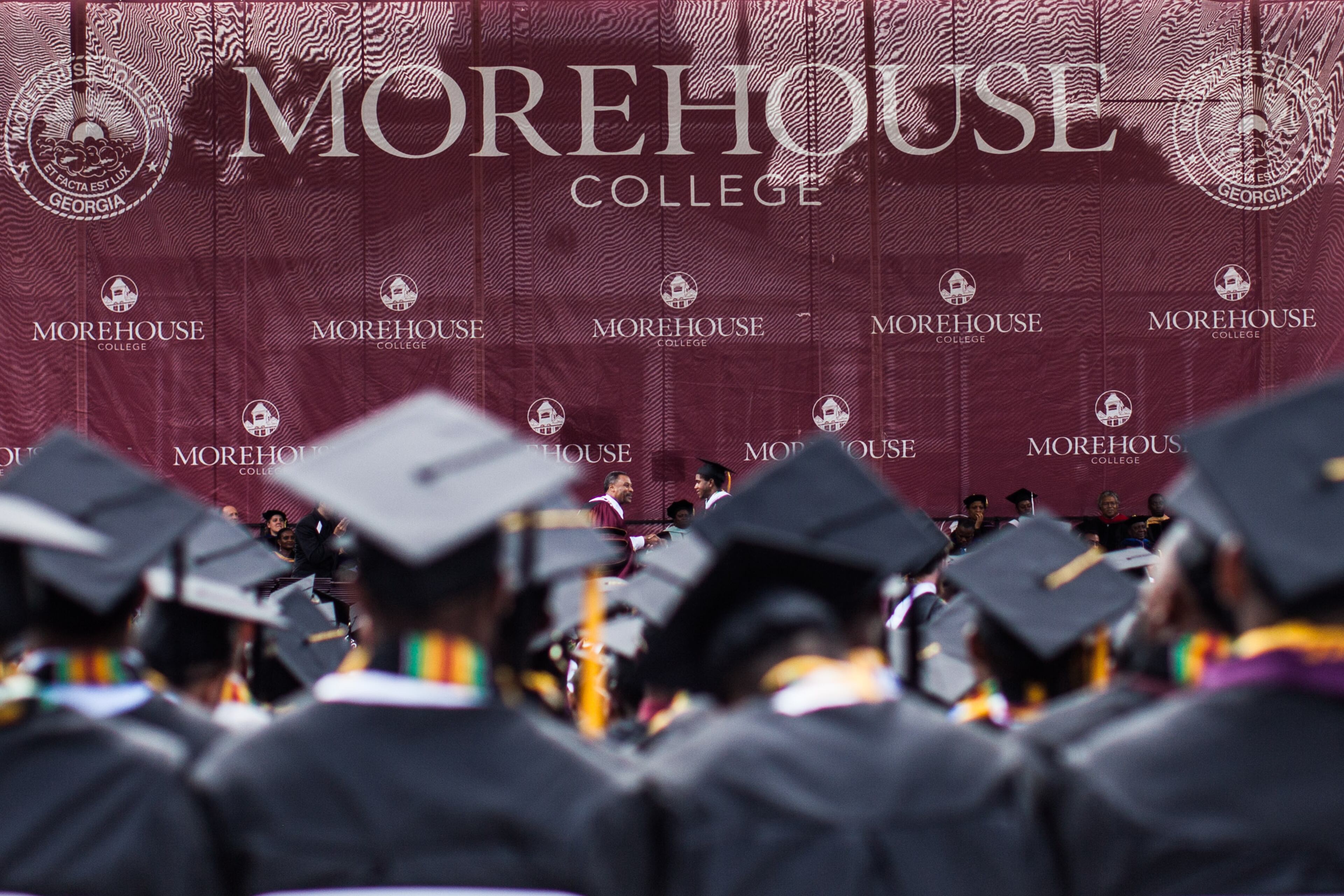Why is enrollment slipping at historically black colleges?
A former English teacher and assistant principal, Greg Perkins is the creator of the College and Career Ready Project, an organization committed to changing the social and economic lives of all students through education, especially those from challenging socioeconomic environments.
This is his first piece on the AJC Get Schooled blog.
By Greg Perkins
What’s wrong with historically black colleges and universities?
According to data published by the Postsecondary National Policy Institute, HBCU enrollment declined by 14 percent in 2011, wiping out much of the growth of the prior 10 years.
Recently, I was very disappointed in my daughter’s assessment of HBCUs. She seemed to think historically black colleges are second-rate institutions. This view was reiterated when I spoke with a former college roommate who said neither of his children attended or wanted to attend an HBCU after graduating from high school.

Considering that several of my close friends who graduated from HBCUs earn salaries of more than $100,000 annually, including one who is now a millionaire, I was very disappointed my own child held this view. After all, one of the benefits of having a college degree is to get a job that has unlimited earning potential. I reminded my daughter that her cousin, who is still under 30, already makes more than $140,000 a year and is an HBCU graduate.
Why do some African-American students hold these negative views of HBCUs?
Perhaps, these negative views are due to a lack of marketing expertise, recruitment and an inability of HBCU leadership to aggressively pursue the very students they want to serve.
When I think of effective HBCU leadership, I think of Frederick Humphries. Dr. Humphries was president at Florida A&M University when I attended from 1985 until 1989.
In his 16 years leading FAMU, Dr. Humphries recruited the best and brightest African-American students as if they were first-round NFL draft picks. Where is that vigor and pursuit of excellence?
Here is some advice to help HBCUs increase student enrollment:
1. Hire presidents who know how to fund-raise and are politically connected. To attract the best students, you must be able to compete. To compete with the Harvards of the world, you need money.
2. Hire the best grant writers in the business and go after private, state and federal funds to support and grow your academic programs. These people should have an office located next to the president’s office.
3. Hire the best marketing experts your budget will allow. Hire someone from a Fortune 500 company who knows how to market your university the way Apple markets its iPhone.
4. Hire expert recruiters. These recruiters should visit the largest urban high school campuses in the United States. They should attend K-12 education conferences and build relationships with superintendents and middle and high school principals who will serve as ambassadors.
5. Partner with multimillion-dollar athletes, entertainers, politicians, and business leaders and ask for their help.
HBCUs produce 16 percent of all bachelor’s degrees earned by African-Americans, 25 percent of all bachelor’s degrees in education earned by African-Americans and 22 percent of all bachelor’s degrees in STEM fields earned by African-American students.
Come on guys. Where is our pride? Oh, and one more thing, it doesn’t matter what color these individuals are who will help revive our once-great institutions.



